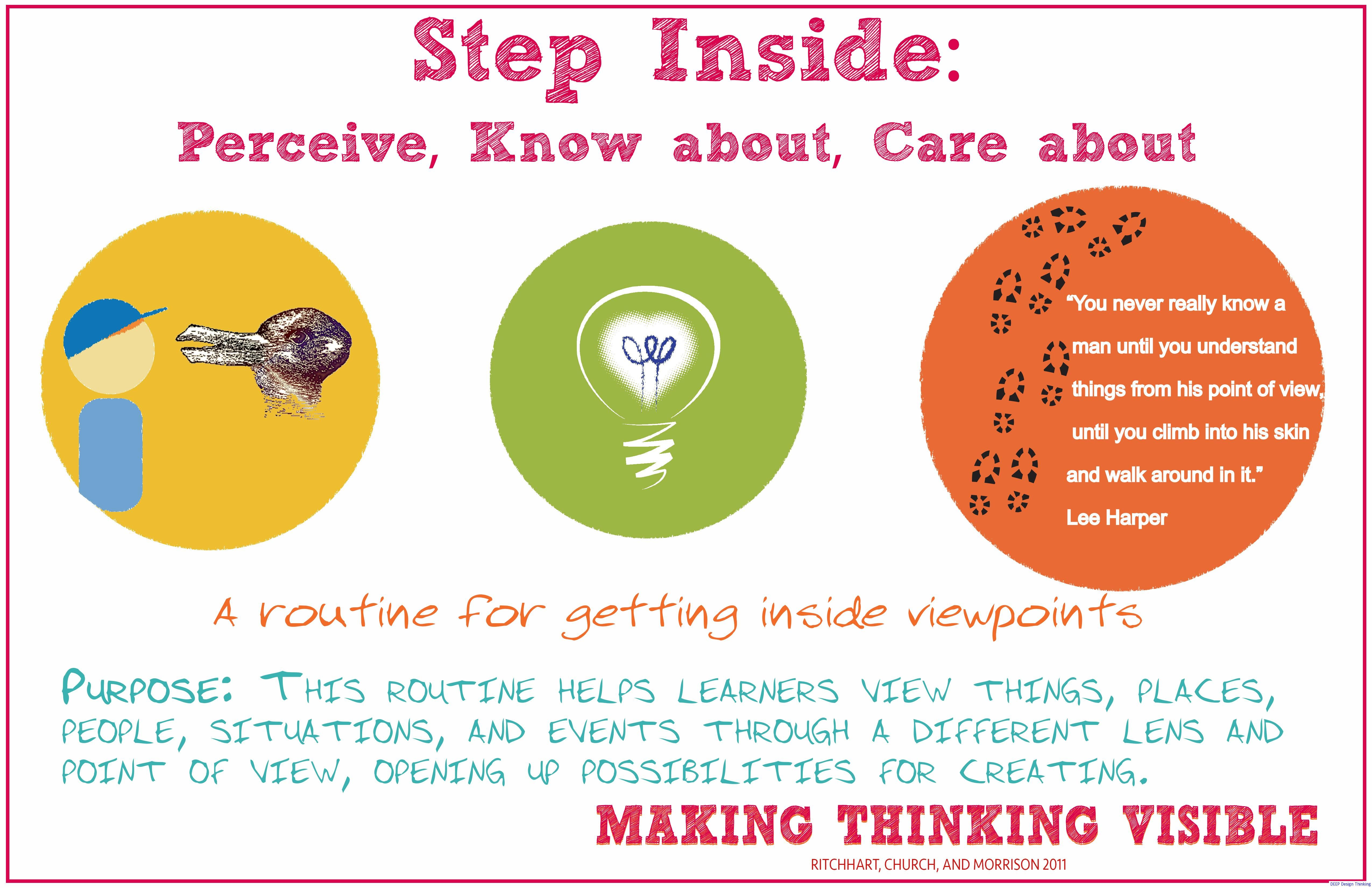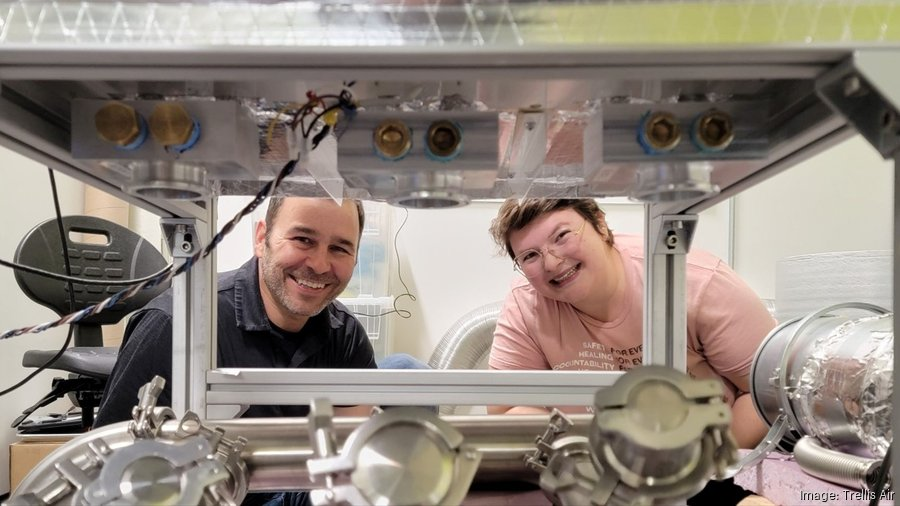In the exploration of personal development and transformation, **Harvard thinking change** acts as a pivotal concept that emphasizes the potential for growth at any stage of life. Through the lens of psychology of change, it invites individuals to embrace the inevitability of transformation while implementing self-improvement strategies for a more fulfilling existence. Anchored in research from institutions like Harvard, this approach aligns with personal growth frameworks that highlight the interconnectedness of change and adult development. Experts argue that understanding the psychology of change can lead to a more optimistic perspective towards life’s shifts. By fostering a mindset of embracing change, we can significantly enhance our overall well-being and happiness.
Delving into the dynamics of personal evolution, the concept of ‘**Harvard thinking**’ inspires us to reconsider our relationship with change. This includes evaluating our responses to the periods of transition in life that can shape our identities and influence our trajectories. Additionally, the principles of adapting to growth resonate throughout various fields, from educational theory to mental health practices, all of which emphasize the importance of flexibility and resilience. By understanding the fundamental aspects of psychological transformation, we empower ourselves to navigate life’s uncertainties with greater confidence and purpose. In doing so, we not only address our immediate concerns but also pave the way for holistic personal development.
Understanding the Psychology of Change
Change is an intrinsic aspect of human life that permeates our existence, deeply rooted in psychological principles. Understanding the psychology of change can provide insights into how we view personal growth and development throughout our lifespan. Research in the field of psychology has established that change is not merely a response to external pressures but can also significantly stem from internal motivations. By comprehending the factors that can either facilitate or hinder change, individuals can better navigate their journey toward personal growth, embracing the inevitability of change as a fundamental aspect of life.
Moreover, the psychology of change sheds light on the processes involved in adult development. Many people believe that significant change becomes less feasible as they age, but studies show that adults are capable of transformative changes well into their later years. The ability to adapt and evolve is influenced by various factors such as experiences, social interactions, and inner reflections. By engaging in continuous self-improvement and remaining open to new experiences, we empower ourselves to instigate changes that enrich our lives, reflecting the dynamic nature of the human experience.
Embracing Change as Essential for Growth
Embracing change is crucial for fostering personal growth and psychological development. As the renowned saying goes, ‘the more we resist change, the more we suffer.’ This sentiment underscores the importance of accepting change as a natural part of life. By acknowledging that change is inevitable, we can shift our mindset from one of resistance to one of acceptance, allowing ourselves to cultivate resilience and adaptability. When we actively embrace change, we empower ourselves to pursue new avenues for self-improvement and evolution, ultimately leading to a more fulfilling life.
Practicing self-improvement strategies that embrace change can transform our lives. Engaging in activities that promote growth—such as setting achievable goals, seeking new challenges, and reflecting on personal experiences—allows individuals to break free from traditional patterns that may no longer serve them. Moreover, the act of embracing change can foster connections with others, creating supportive networks that encourage collective growth. For those pursuing personal development, embracing change becomes not just a strategy, but a necessary mindset that opens the door to new opportunities and rich experiences.
Harvard Thinking on the Capacity for Change
‘Harvard Thinking’ presents a compelling exploration into the capacity of individuals to change, challenging the myth that change is reserved for youth or limited by age. The work of Harvard researchers highlights that through intentional engagement and mindful practices, individuals can progressively reshape their beliefs, biases, and behaviors. The idea that we possess the ability to enact positive change in our lives at any stage is invigorating and serves as an imperative for those striving for personal development. It encourages individuals to take heart and recognize their potential for transformation.
In this context, fostering a growth mindset becomes essential. Stemming from the research conducted at Harvard, the recognition that disillusionment and setbacks can lead to cathartic experiences is noteworthy. Instead of perceiving obstacles as endpoints, they can be utilized as opportunities for introspection and adjustment, sowing the seeds for future growth. Understanding this encourages many to pursue a path of continuous self-improvement, showcasing that embracing the nuances of change can ultimately lead to a more enriched and meaningful existence.
The Intersection of Personal Growth and Bias
One of the critical insights from the discussions among Harvard experts is the dynamic nature of implicit biases and their intersection with personal growth. Implicit biases, shaped by experience and societal influences, can often hinder our capacity to engage in meaningful change. However, recognizing that these biases are not fixed can pave the way for transformation and development. The evolution of personal beliefs and attitudes is seen as a crucial venue for self-improvement, which can enrich interpersonal relationships and enhance overall well-being.
Moreover, engaging with the psychology of change equips individuals with a deeper understanding of their implicit biases, enabling them to confront and overcome these biases as they pursue personal growth. This reflective process is fundamental in helping individuals not only cultivate a better sense of self but also seek heightened empathy towards others. By actively addressing biases, individuals position themselves as more capable of embracing change and enhancing the quality of their relationships, promoting a more inclusive and supportive environment.
Strategies for Effective Self-Improvement
In the quest for personal growth, employing effective self-improvement strategies is paramount. These strategies encompass a wide spectrum of practices ranging from goal-setting to reflective writing and engaging with supportive communities. Goals provide individuals with a tangible direction and measurable endpoints that can enhance motivation. Self-reflection enables individuals to assess their current state and recognize areas for improvement, fostering a deeper understanding of their desires and values.
Additionally, engaging with resources such as workshops, therapy, or mentorship can significantly aid in the self-improvement journey. These interactions can offer varied perspectives that challenge entrenched beliefs and encourage the exploration of new ideologies. Ultimately, these strategies not only facilitate change but also enrich one’s growth experience by embedding a culture of continuous learning and adaptation, ensuring that individuals remain adaptable in the face of life’s inevitable changes.
Navigating Change Amid Disillusionment
Navigating change in the face of disillusionment presents a significant challenge, yet it offers avenues for profound growth. Emotional responses to disillusionment can lead individuals to withdrawal or skepticism, but they can also serve as a catalyst for exploring deeper truths about oneself. Understanding that disillusionment is a common experience allows individuals to contextualize their feelings, fostering resilience and the potential for growth. This synthesis of experience can ultimately enlighten the individual about their capacity for change, driving them toward self-acceptance and empowerment.
To tackle the discomfort associated with disillusionment, individuals must cultivate strategies that enable them to reflect openly on their experiences without judgment. Engaging in mindfulness practices and seeking professional guidance can provide critical support during these challenging times. Such approaches not only facilitate emotional processing but also open the door for individuals to reframe their perspectives on change as a journey that encompasses both losses and triumphs, ultimately enhancing the understanding of the self and the ability to pivot towards healthier coping mechanisms.
Culture and Change: A Broader Perspective
Culture plays a significant role in shaping how we perceive and react to change. In diverse societies, contrasting beliefs about change can create friction but also propel collective growth. For instance, in certain cultures, there is a tendency to value stability and tradition, which can create resistance to change. Conversely, cultures emphasizing innovation and flexibility foster a more adaptable mindset that readily embraces evolution. Recognizing these cultural dimensions can enhance our understanding of personal and collective growth processes.
As we endeavor towards self-improvement and embrace change within our communities, it becomes crucial to foster dialogue that bridges cultural divides. Utilizing collaborative platforms that prioritize diverse viewpoints can cultivate a deeper understanding of how change is interpreted across cultural lines. This inclusive approach not only promotes empathy but also helps dismantle biases that may hinder collective progress. By integrating these lessons into our journey of change, we can enrich our experiences while fostering a more harmonious coexistence.
Resilience as a Tool for Embracing Change
Resilience is a critical attribute in facing the myriad changes encountered throughout life. The ability to recover from setbacks and adapt to new circumstances is inherent in the human experience. Developing resilience involves cultivating a positive mindset, focusing on solutions rather than problems, and viewing obstacles as opportunities for growth. This perspective can significantly influence how individuals engage with change, ultimately determining their trajectory towards personal fulfillment.
Building resilience can be achieved through practical strategies such as enhancing emotional intelligence, practicing self-care, and developing strong social networks. These elements contribute to a robust support system that not only aids individuals during challenging times but also significantly enriches their capacity to embrace change. In this regard, resilience is not just about bouncing back; it’s about propelling oneself forward in the face of adversity, ensuring that individuals remain active agents in their journey of self-improvement.
The Role of Storytelling in Personal Change
Storytelling serves as a powerful mechanism through which individuals can explore their own experiences of change. Personal narratives allow people to articulate their journeys, fostering a deeper understanding of their aspirations and challenges. By sharing stories of change—whether triumphs or struggles—individuals not only validate their experiences but also create a sense of community among those who resonate with similar paths. This shared understanding can bolster motivation and encourage others to embrace their own changes.
Moreover, storytelling enhances emotional intelligence, allowing individuals to connect with their feelings and those of others. It brings forth the understanding of change as a universal experience, sparking conversations that can further facilitate personal and societal transformation. Encouraging the practice of storytelling can weave a rich tapestry of experiences that emphasize resilience, growth, and the capacity for change, ultimately reinforcing the notion that everyone is equipped to embark on their own paths of self-improvement.
Frequently Asked Questions
What are key principles of Harvard thinking on personal growth and change?
Harvard thinking emphasizes that personal growth involves the psychology of change, focusing on embracing change rather than resisting it. Experts suggest that individuals can undergo significant transformation throughout their lives, and understanding this process is central to effective self-improvement strategies.
How does the psychology of change relate to adult development according to Harvard studies?
The psychology of change is deeply entwined with adult development, as seen in the Harvard Study on Adult Development. This research highlights that adults experience psychological and biological changes that can significantly alter their perspectives and behaviors, showing that change is a constant throughout life.
What strategies does Harvard suggest for embracing change in your life?
Harvard experts recommend several self-improvement strategies for embracing change, such as fostering a growth mindset, practicing mindfulness, and actively seeking new experiences. Recognizing that disillusionment can lead to growth is also a crucial aspect of this approach.
Why is it important to understand the biases in our perceptions of change according to Harvard psychologists?
Understanding biases in our perceptions of change is vital because these biases can hinder personal growth. Harvard psychologists like Mahzarin Banaji emphasize that implicit beliefs and societal narratives often shape our views on change, making it essential to critically assess these influences for effective self-improvement.
How does the concept of adult development at Harvard inform our understanding of resilience and transformation?
The concept of adult development at Harvard informs our understanding of resilience by illustrating that people can adapt and transform through life’s challenges. This body of research suggests that acknowledging the inevitability of change helps individuals harness their capacity to grow and thrive despite adversities.
What role does disillusionment play in embracing change, according to Harvard experts?
Disillusionment can serve as a catalyst for embracing change. Harvard experts like Richard Weissbourd suggest that while it can lead to cynicism, it can also promote deeper understanding and personal growth, allowing individuals to navigate their circumstances more effectively.
What are some challenges people face when trying to change, and how can Harvard teachings help?
Challenges such as fear of the unknown or past negative experiences can impede change. Harvard teachings recommend acknowledging these fears, understanding one’s behavioral patterns through self-reflection, and applying self-improvement strategies that encourage calculated risk-taking and resilience.
How can individuals apply the principles of Harvard thinking to achieve personal goals?
Individuals can apply the principles of Harvard thinking by setting realistic goals, maintaining a proactive outlook towards change, and leveraging community support. Personal development can be enriched by understanding that change is a collective experience and learning from others.
What insights does Harvard research provide about maintaining motivation during difficult changes?
Harvard research provides insights that maintaining motivation during difficult changes involves setting clear intentions, focusing on incremental progress, and acknowledging that feelings of discomfort are part of the growth process. Strategies like self-compassion and seeking feedback can also support sustained motivation.
Is change a deliberate or subconscious process, and how does this relate to Harvard’s view on personal development?
Change can be both a deliberate and subconscious process. Harvard’s view on personal development highlights that while intentional changes can lead to substantial personal growth, many transformations occur through everyday experiences and reflections that shape our understanding and response to life challenges.
| Key Point | Description |
|---|---|
| Change is Inevitable | Change, whether intentional or subconscious, is an inescapable part of being human. |
| Responding to Disillusionment | Disillusionment can lead to bitterness or to a broader understanding and thriving, showcasing different responses to change. |
| Implicit Bias | Implicit beliefs and biases can change over time due to experiences, underscoring the importance of remaining open to self-reflection. |
| Cultural Perspectives on Change | Cultural attitudes towards change vary, with some valuing stability and tradition, while others embrace change and innovation. |
| Narrator of Self | People often perceive themselves as unchanged due to the consistent nature of their ‘narrator’, even amidst significant life changes. |
| Pain and Motivation | Motivation for change often arises from discomfort or pain, influencing whether individuals change intentionally or allow subconscious changes. |
Summary
Harvard Thinking change emphasizes the inherent capacity for individuals to evolve, suggesting that change is an essential part of the human experience. As demonstrated by experts in the podcast, change occurs both consciously and unconsciously, driven by various factors such as disillusionment, implicit bias, and personal motivations. Understanding the complexities of change, including cultural perspectives and individual narratives, equips us for a more fulfilling life. In a constantly evolving world, embracing change can lead to growth, happiness, and a deeper understanding of ourselves and our relationships.









